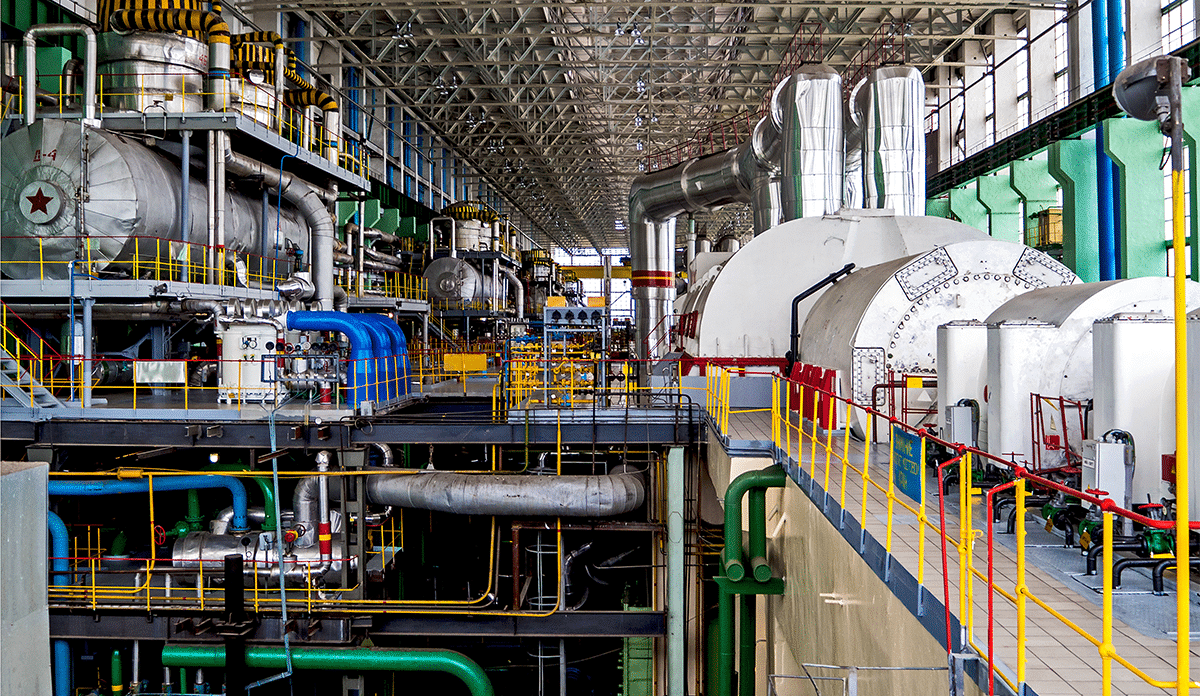Construction cost certainty: the elusive mythical beast?

For those parties involved in this project, or in other large-scale infrastructure projects like HS2 for example, this latest increase may not come as a surprise. To the wider world and UK energy consumers, however, the impact of continued cost overruns and delays like this damage confidence in the UK’s ability to successfully deliver cost-effective infrastructure projects.
Construction & Engineering partner Catherine Welch, whose experience includes advising on the construction and procurement aspects of supply chain contracts for the Hinkley Point C project, comments:
“Another increase of between £1.9 billion and £2.9 billion compared to the previous estimate is clearly very substantial. It’s difficult to speculate about the true cause of delays and increased costs, which can be common in major projects such as this one. EDF’s UK chief executive is, however, very clear that the terms of the contract with the UK Government protect British consumers and taxpayers, who would “not pay a penny more” for such cost overruns."
“Within the construction and engineering industry, however, it is important the increasing costs narrative does not detract from the quality of work being undertaken on the project. Hinkley Point C is the UK’s first new power project in a generation; yes it is complicated, but the nature of the work and technology is often novel, and the final goal – safe electricity supply to six million homes – is laudable.
As with any size project, however, employers often strive to achieve as much cost and programme certainty as possible. Employers should critically assess to what extent cost and/or time is the most important project driver when choosing their procurement route, and the appropriate forms of contract. There is no doubt pro-active, continuous and tangible project management over the project lifecycle can assist to achieve the balancing act of more cost and time certainty. Using the NEC suite of contracts, for example, can facilitate this outcome. Aspirations are important, but contractors and consultants also require employers to accept a dose of realism when budgeting for the true anticipated costs of delivering their requirements.”